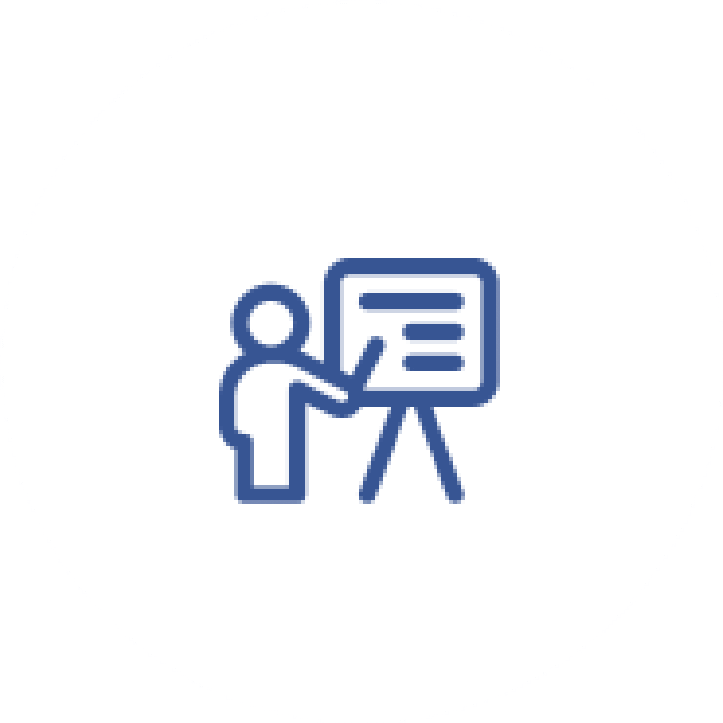
Trusted Partners to Help You Deploy With Confidence:
How Rapid can support your brand:
Our Services. Your Benefits. Outsource and Scale.
We provide 24/7 multilingual inbound call handling services with the latest technology and expert managers. We help you retain more customers and grow your business.
-
24/7 BPO Contact Center
Outsource every contact with your customers, whenever they wish to reach out.
-
Performance-Based Inbound And Outbound Costs
Pay-per-Minute, Pay-per-Agent, Pay-per-Thread, and never pay for overhead again.
-
Reporting And Analytics Platform
Observe the progress towards your goals and KPIs on our client dashboard.
-
Dedicated Account Management
Our expert account managers guide you continuously towards achieving your goals.
-
Quality Assurance And Control
Our QA Managers will make sure your customers are smiling, and that your dreams are achieved through our results.
-
Seamless Integrations
We integrate with any custom platform or CRM for a seamless process. It'́s like plugging in an entire team, hassle-free.


BRIEF CUSTOMER STORIES:
You have a need. We have results. Check how we improve our clients' performance.
-
+ 800%
Sales budget
3 key factors
By implementing our key factors to the processes, our client had surpassed their sales goals by 800%.
-
x2
Retaining loyal
customersA constant “eye"
With the hard work of our skillful agents and account managers we were able to duplicate retention for RadioShack.
-
x2
Unified
communication
systemEfficient customer service Implementations
Rapid optimized action plans on the impacted areas such as communications, systems and processes.

Our Multilingual Agents Currently Support
-
 English
English
-
 Spanish
Spanish
-
 French
French
-
 German
German
-
 Italian
Italian
-
 Portuguese
Portuguese
and many more.
Scalability, Affordability, Availability, and Customization Upfront.
Clients say these are the main reasons why they stick with us: We diminish the traditional costs of customer service while increasing the returns.
Start today
STEPS:
At Rapid Phone Center we accomodate for your specific needs in record time.


-
Gameplan
Customized strategy based on your goals and KPIs -
Onboarding
Scripts, FAQs, documentation, integrations -
Training
Experienced Agents and QA Supervisors are educated on your campaign -
Up and running
Reporting & Analytics access and dedicated account management
We believe in the highest form of Customer Engagement: Upfront.
We see clients like you as partners, and solving your customers´ inquiries with the utmost efficiency is our passionate endeavor.

More About The Industries We Serve
Every business setting is different. Our service accommodates for the nuances to be found within each industry.
-

E-commerce
-

Healthcare
-

Education
-

Direct Response Marketing & Media
-

Real Estate
-

Legal Services
-

Insurance
-

Service Providers

Customer Testimonials
-
Ecommerce
Oliver Rosemonde
CEO
"Your representatives were extremely knowledgeable about our product and customer service policies. Our customer satisfaction levels are at an all-time high, and our consumers are constantly providing us excellent feedback."
-
Insurance
Jack Korella
Risk Consultant
"Rapid provided us with outstanding levels of professionalism, flexibility, and innovation from the beginning. They integrate effortlessly into our help desk, and our clients appreciate the prompt responses to their assistance requests!"
-
Travel
Tracy Miller
Corporate Travel Manager
"Just a quick note to thank all of you at Rapid! Your everyday support with our massive amount of inbound calls is tremendous. Your technical, management and sales employees are all extremely professional. We have been working with Rapid for years now, and overall it's been a great experience."
-
Electronics
Perle Garcia
Electronics Engineer
"We contacted Rapid to deploy Chat Technical Support to respond to consumer electronic sales for multiple end-user retail products, improve customer service, and reduce customer returns. We were amazed at how our customer metrics improved within a week!"
-
Media
Shanon Davis
Multimedia Specialist
"We have been working with Rapid since 2020, and they assist us with our ongoing sales campaigns. The team continuously outdo themselves year after year. We'd want to thank you for your hard work and the countless hours of service you've given to our firm."
-
Retail
Harris Lee
Owner and CEO
"Congratulations, Rapid, on being a finalist in 3 categories at the iCXA'21 awards! It comes as no surprise that your company is efficient, effective, and results-driven, as we've observed from working with you. We are looking forward to a long-term partnership!"
Read Our Blog To Find Out More About The Customer Service Industry
Our blogs are written by experts in the industry. Discover the many advantages that Rapid offers our customers.

6 More Ways to Improve eCommerce...

By Rapid Phone Center
October 15, 2021 at 10:10 am

9 Ways To Grow Your eCommerce Business...

By Rapid Phone Center
October 14, 2021 at 04:30 pm

Going beyond the calls: Revolutionizing...

By Rapid Phone Center
October 14, 2021 at 12:12 pm

Rapid: Does Your eCommerce Business...

By Rapid Phone Center
October 13, 2021 at 02:10 pm
Experience the Rapid Method for the New Customer Service Era.










